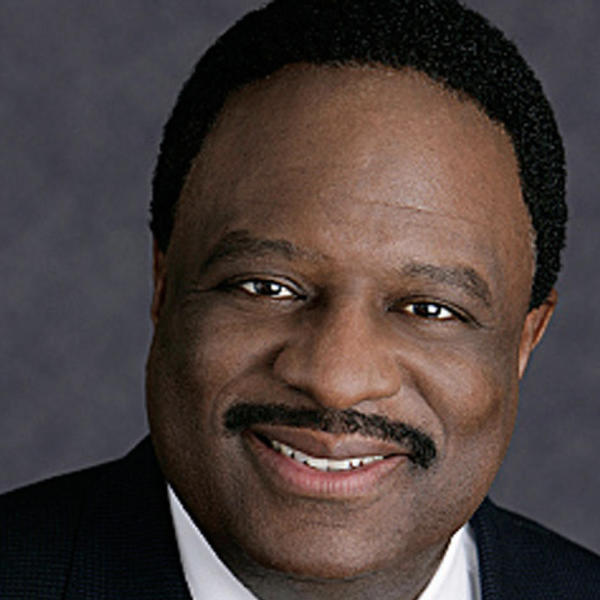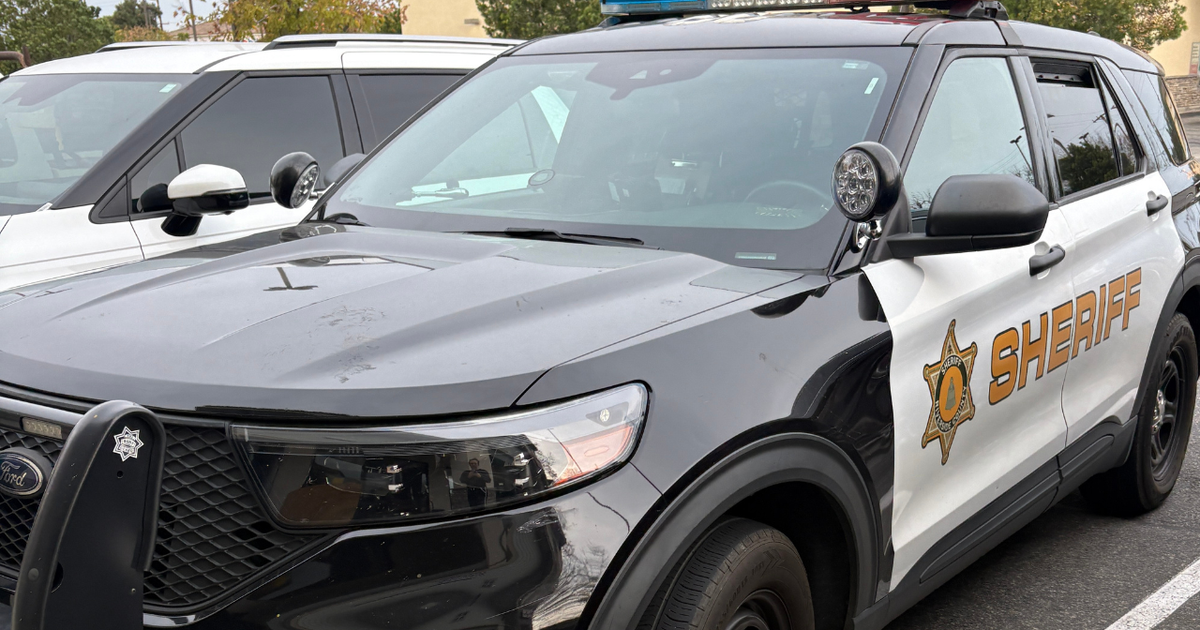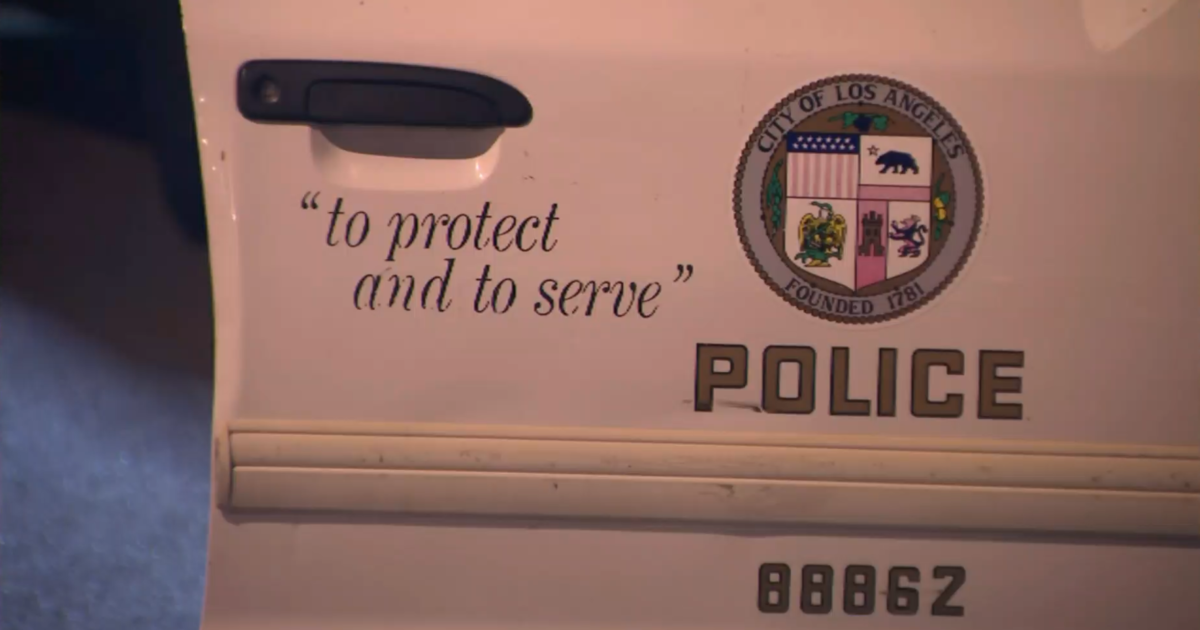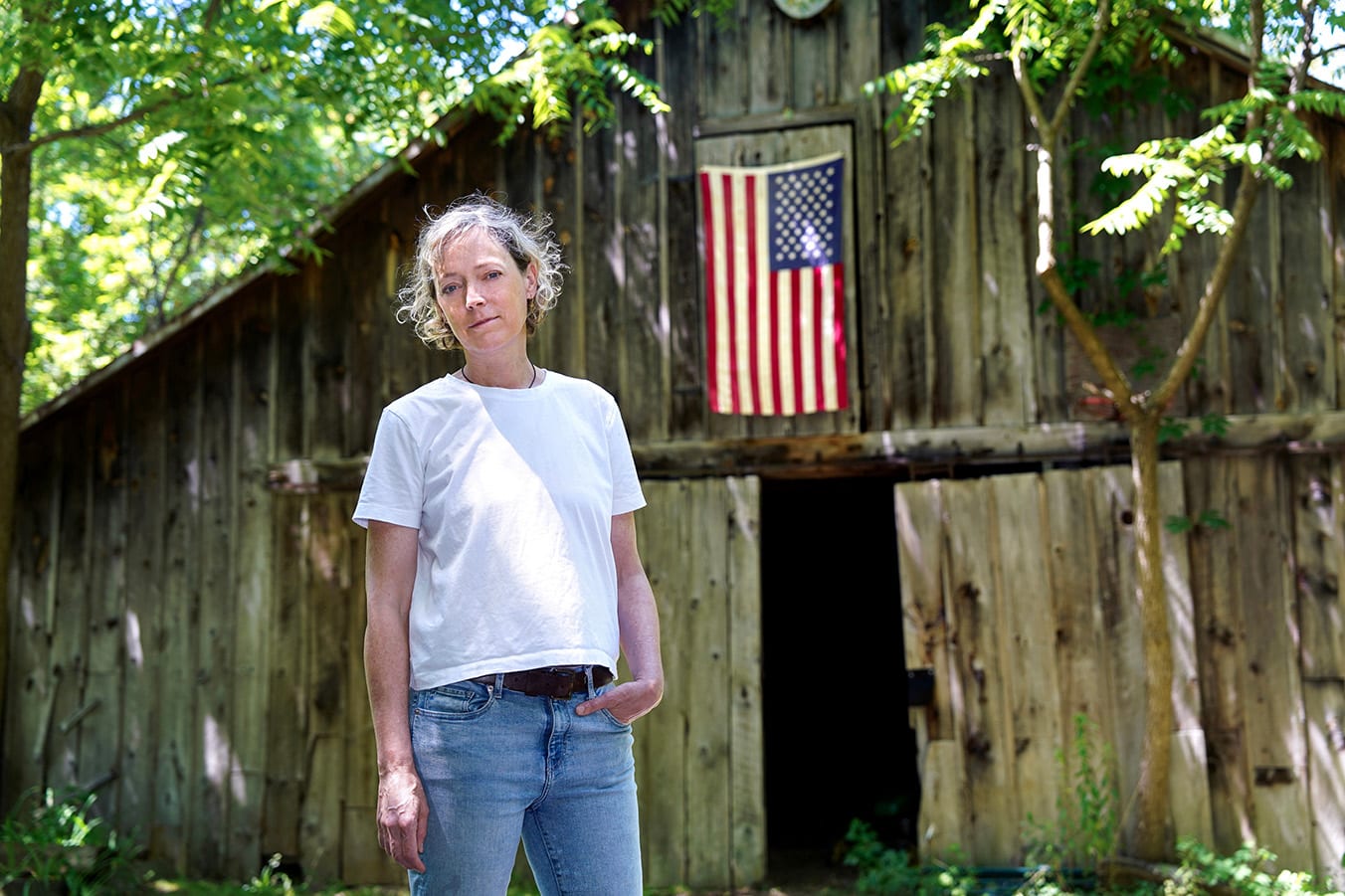How older Americans are grappling with hanging up their car keys
The first time Vonciel Gray got behind the wheel of a car, Dwight Eisenhower was president. But despite a clean record with no accidents over the decades that followed, the 85-year-old knew three years ago her driving days were over.
"I drove to church one morning, I was a nervous wreck," Gray said. "I think I ran a red light, and once I got home, I said, 'No more,'"
Gray is one of millions of older Americans grappling with a sudden loss of independence after hanging up their keys. Her son, Kurt Gray, has spent his entire career cultivating safe drivers, so the decision hit close to him.
"One of my specialties is a senior driving evaluation, where I look at a person's cognitive function, their mobility, their vision, and then will go out and see how safe they are behind the wheel of a car," Kurt said.
Kurt worked for AAA for 29 years and now owns traffic safety consulting firm KEG Consulting LLC Driver Safety Services. He helps families navigate the difficult conversation of when a loved one should stop driving.
"They don't engage their parents early enough in the conversation," Kurt said. "Conversation is, 'Hey mom or dad, you know, I'm seeing these dents and dings on your car. Maybe we should look at other modes of transportation.'"
By 2030, an estimated 71 million people in the U.S. will be 65 and older, which would account for 21% of the population, according to the U.S. Census Bureau.
"Given the aging of the society, we are headed for a major mobility gap in the United States," said Joseph Coughlin, who runs the Age Lab at MIT and studies how transportation and technology can improve the lives of older people. "We're not testing older drivers. Instead, we look at how are new technologies behind the wheel either helping or distracting?"
To do that, Coughlin and his team have designed a simulator with sensors that track heart rate, eye movements and stress levels as a driver encounters simulated distractions. Coughlin then provides data to automakers.
"We're helping car companies rethink how they designed the vehicle," Coughlin said.
No amount of technology will be able to guarantee safety for some aging drivers, which is why Vonciel Gray knew it was time to put down the keys and rely on hitching rides from family and friends.
Three years later, Vonciel says, "I think it was one of the best decisions I've made in my old age."
Now she's able to enjoy her retirement in the passenger's seat.




